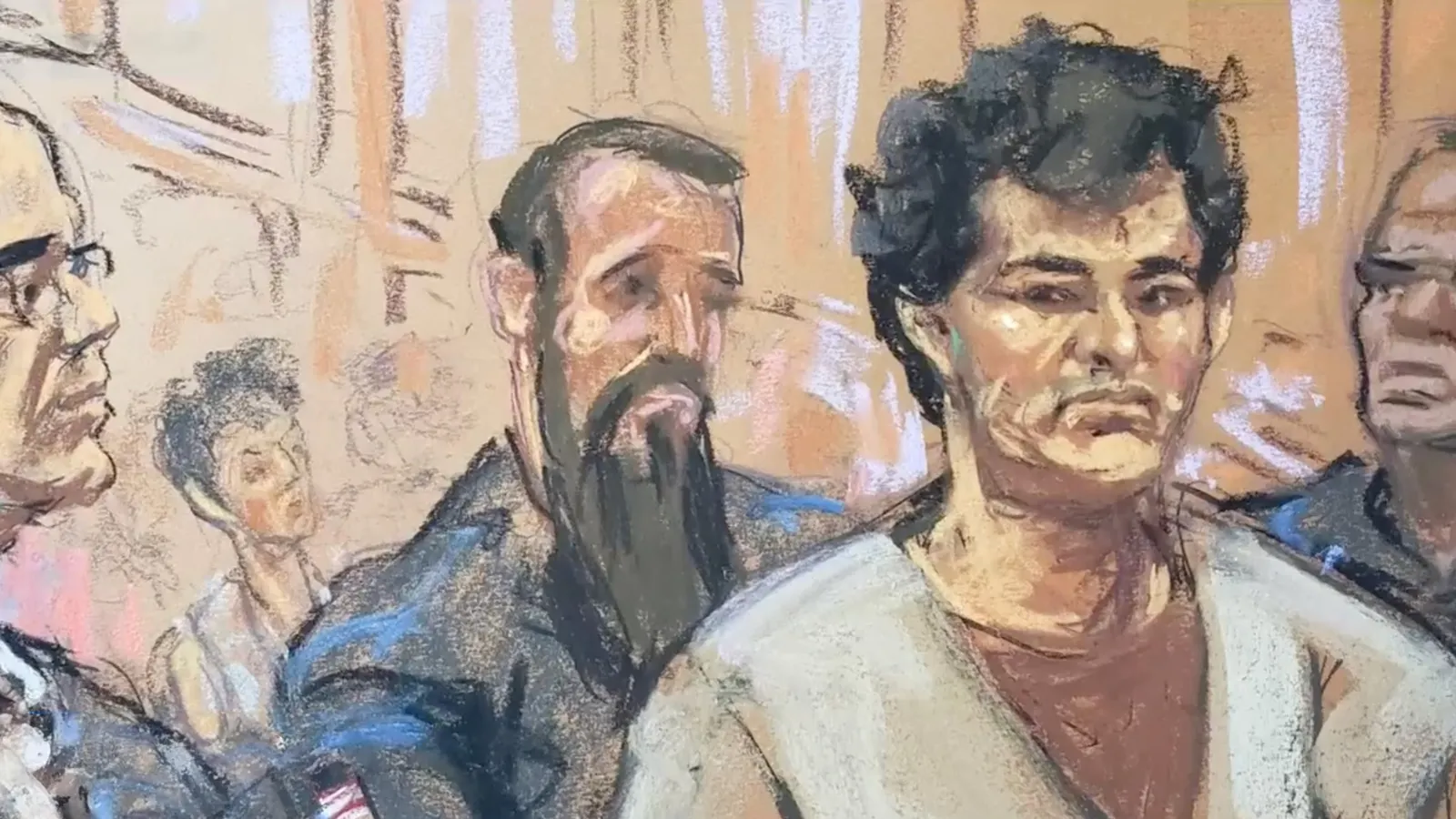While Sam Bankman-Fried awaits trial in October on fraud and conspiracy charges, the fallen crypto founder is having a rough time in jail, his attorneys told federal Judge Sara Netburn on Tuesday. The revelations came as the disgraced executive pled not guilty to fraud and money laundering—a narrow set of charges by the government filed in December.
Bankman-Fried’s lawyers argued that Bankman-Fried is unable to adequately prepare for his trial because of a lack of computer access and being deprived of his medications and support for his vegan diet. According to a report by the Associated Press, the FTX founder is thus limited to bread, water, and peanut butter.
Defense attorney Christian Everdell said that under these conditions, Bankman-Fried could not mount an effective defense.
Earlier this month, U.S. District Judge Lewis Kaplan revoked Bankman-Fried’s $250 million bail and remanded him to a federal prison to await his trial in the fall. He was placed in the Metropolitan Detention Center in Brooklyn, a notorious facility that has housed other high-profile defendants.
Bankman-Fried had been on house arrest since he was arrested in the Bahamas and extradited to the United States in December. Kaplan said he did not believe a gag order would be enough to keep Bankman-Fried from talking to the media, sharing documents, and attempting to contact witnesses.
On Monday, Judge Kaplan rejected a request from Bankman-Fried’s attorneys for regular release from prison to consult with his legal counsel. But he did order limited release from his cell between 8:30 a.m. and 3 p.m. to meet with counsel at the courthouse and use a laptop with WiFi provided by his attorneys for one day.
In Tuesday’s ruling, Judge Netburn said that while she would not overrule Kaplan’s order on Bankman-Fried’s computer access, she would see what could be done about his medications and dietary needs. According to the AP, Bankman-Fried’s lawyers said he had not received medication “necessary for him to focus” since he was sent to jail on August 12.
In November, the cryptocurrency exchange FTX, founded by Bankman-Fried, collapsed into bankruptcy; a month later, U.S. authorities, including the U.S. Justice Department and Securities and Exchange Commission, hit Bankman-Fried with 13 charges—among them conspiracy to commit money laundering and wire fraud on customers.

